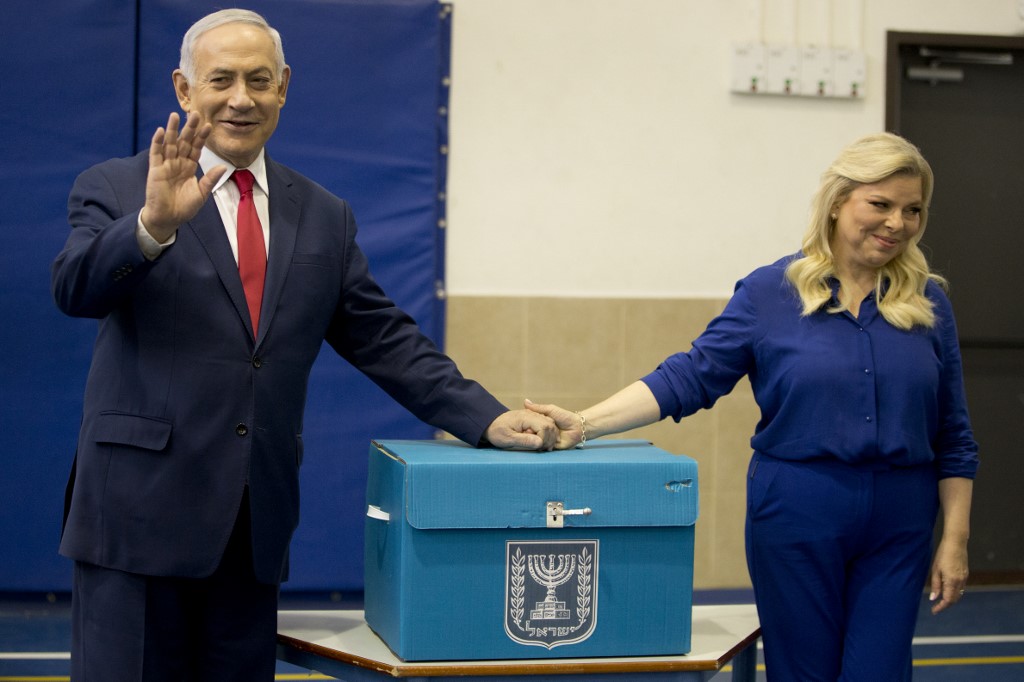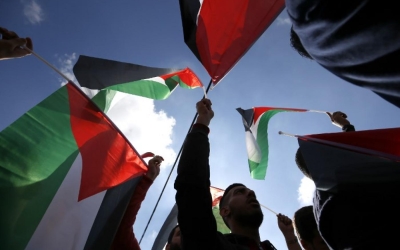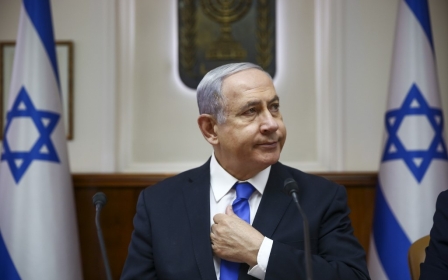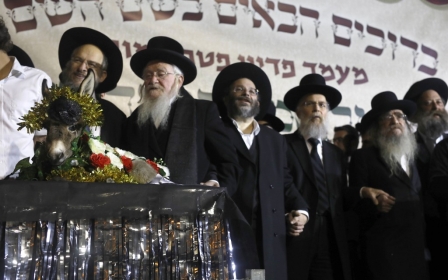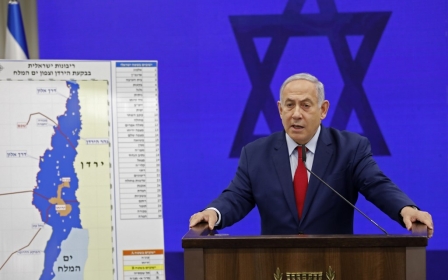Israel's elections can have only one outcome for Palestinians
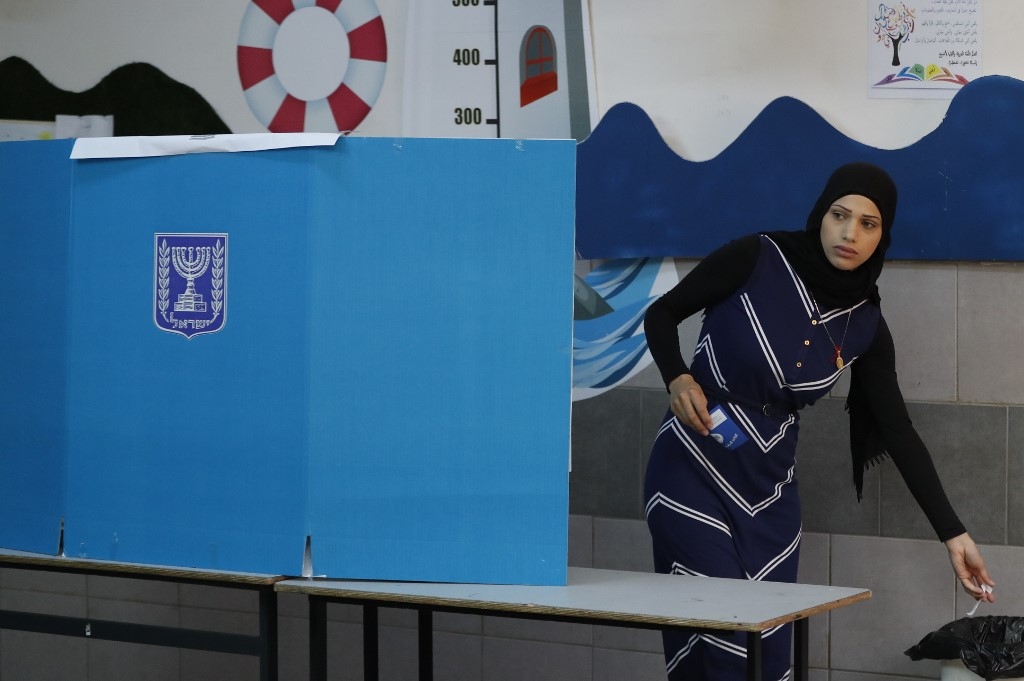
With a few days left before Israel’s second parliamentary election in six months, political pundits are busy outlining their predictions for the coalitions that will emerge.
Yet Palestinians are largely indifferent towards these elections, as their situation remains hopeless, regardless of the results. This indifference stems from a collective understanding of the Israeli system and the role of elections within it.
It also comes from their historical experience, which has shown that Israel’s policies against Palestinians do not fundamentally change from one leader to the next.
Settlements and racial inequality
Israel attempts to portray an image of democracy by holding elections and rotating governance among its political parties. Yet the differences between the parties vying for leadership are largely administrative, with no real proposals or initiatives that represent a drastic change in Israel’s policies of occupation, illegal settlement-building and racial inequality.
New MEE newsletter: Jerusalem Dispatch
Sign up to get the latest insights and analysis on Israel-Palestine, alongside Turkey Unpacked and other MEE newsletters
Israel was established through the forced displacement of its Palestinian population, massacres, occupation of their land, apartheid, and policies of humiliation that have been ongoing for more than seven decades. The goal is to force Palestinians to abandon their national dream of independence and self-determination.
No Israeli head of state has acknowledged the concept of human equality between the Palestinian and Jewish people
Since Israel was established, no prime minister has apologised for the state’s ethnic cleansing against Palestinians, or pushed for the acceptance of a fair solution to the refugee situation and a halt to illegal settlements and the ongoing theft of Palestinian land.
No Israeli head of state has acknowledged the concept of human equality between the Palestinian and Jewish people, which is a basic, internationally accepted human rights principle. No previous election has led to any comprehensive breakthroughs in the most basic of issues affecting Palestinians’ political and humanitarian rights.
Superficial democracy
There are also no indications that the upcoming election, or any future ballot, will bring genuine change, amid the rise of the far right in Israel, the demise of the two-state solution, the implementation of the nation-state law that enshrines Jewish supremacy, and the assurances of Israeli officials that the Jordan Valley and parts of the West Bank will be annexed.
The nation-state law, passed last year, stipulates that only Jews in Israel have a right to self-determination, under the pretence of protecting the country’s Jewish identity. Israel’s prominent political parties agree on this law, and on the refusal of the Palestinian right of return, the unification of Jerusalem under Israeli control and an increase in settlements.
This common ground is why Palestinians do not believe that “democracy” in Israel will result in delivering their rights. The institutionalised occupation is more entrenched than Israel’s superficial democracy.
The Jewish nation-state law negates Palestinians’ most basic citizenship rights, without which real democracy cannot exist. It cements racial inequality, prohibiting equality for the original inhabitants of the land while flinging the doors open to Jews worldwide.
Long struggle for freedom
The Israeli establishment does not see Palestinian resolve as anything more than an obstacle in the path of a Jewish nation. Political views differ on how to deal with this obstacle - from crushing it, to expulsion, to separation - but none perceive the Palestinian people as a population that should be treated with equality.
It’s depressing that Palestinians don’t see hope on the horizon, but it makes more sense than falsely believing that an Israeli election may result in positive change for Palestinians.
We are engaged in a long struggle for freedom, justice and equality. Without an influential political coalition that abandons Israel’s natural racism, believes in equality and leaves behind historical injustices, the next election will be no different than the previous ones.
It will result in continued illegal settlements, besiegement, racial inequality and the dehumanisation of Palestinians.
The views expressed in this article belong to the author and do not necessarily reflect the editorial policy of Middle East Eye.
Middle East Eye delivers independent and unrivalled coverage and analysis of the Middle East, North Africa and beyond. To learn more about republishing this content and the associated fees, please fill out this form. More about MEE can be found here.



